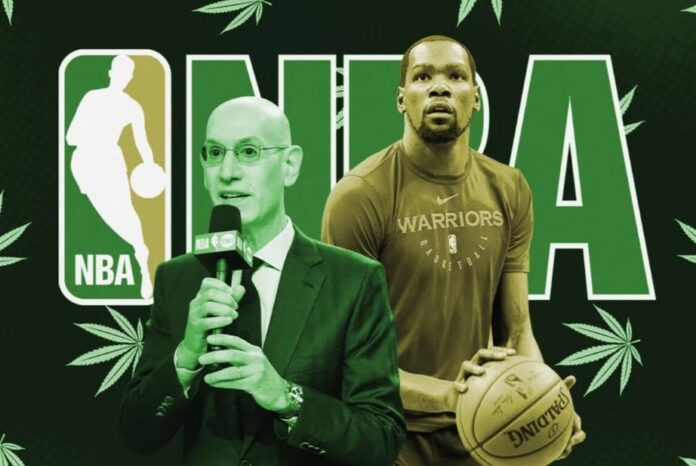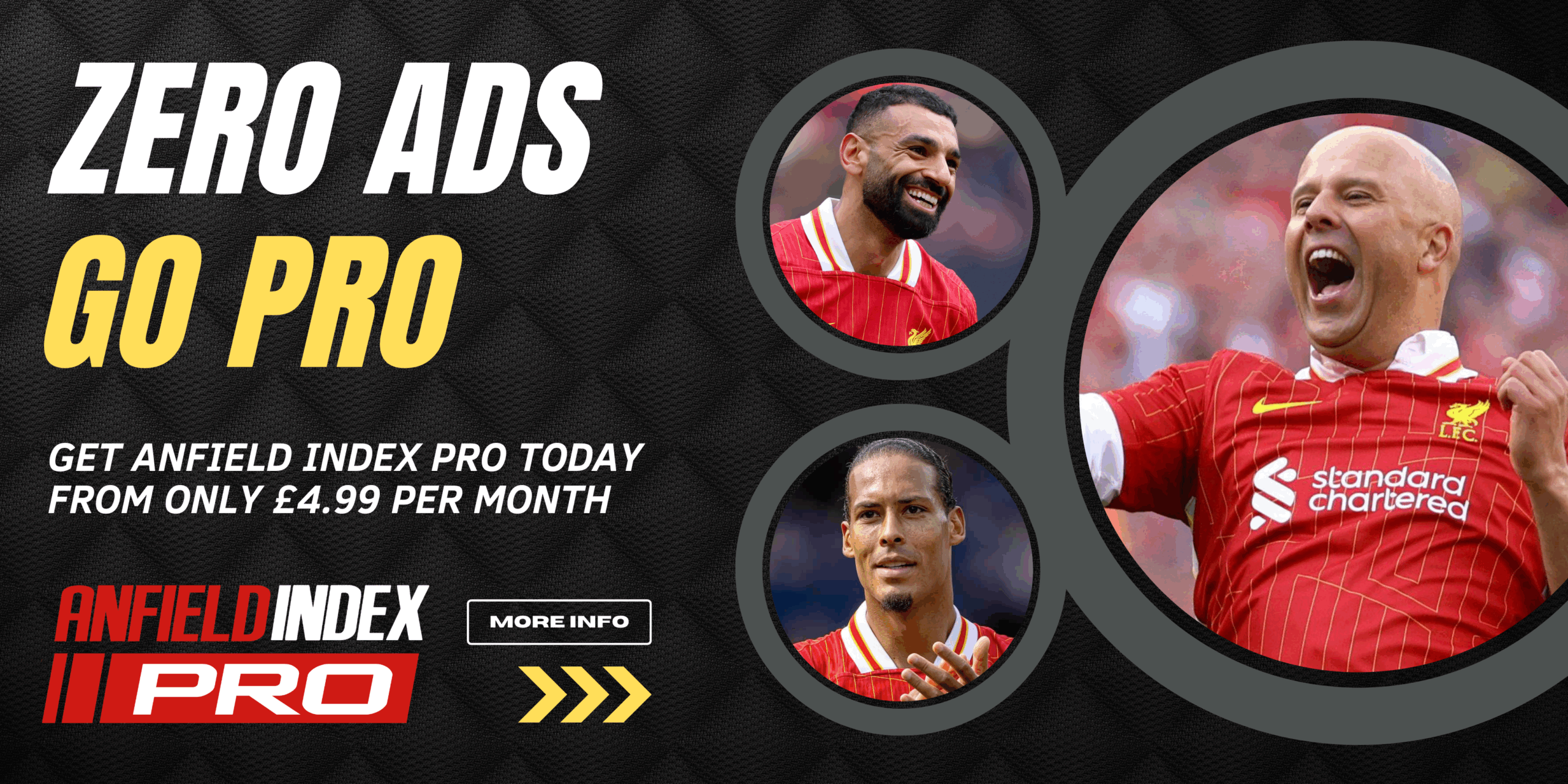The legalization of cannabis in various parts of North America has sparked a broad re-evaluation of drug policies in nearly every sector, including professional sports. As cannabis becomes more widely accepted for both medical and recreational use, questions arise about how its use, particularly in forms like THC gummies, fits into the world of elite athletics. In North America, professional sports leagues have historically taken a conservative stance toward cannabis. However, shifting legal landscapes, growing evidence of cannabis’s therapeutic benefits, and changing public attitudes are forcing these leagues to adapt.
Understanding where each major North American sports league stands on cannabis and how they treat products like THC gummies is essential not only for athletes but also for fans, sponsors, and sports medicine professionals. A complex intersection of federal and state laws, collective bargaining agreements, and evolving medical research shapes each league’s policy.
In the National Football League (NFL), cannabis use was traditionally met with harsh penalties, including suspensions and mandatory substance abuse programs. For years, athletes caught with THC in their systems faced significant consequences, despite the growing acceptance of cannabis in society. However, the NFL took a significant step toward reform with the 2020 Collective Bargaining Agreement (CBA). Under the new terms, players are no longer suspended solely for testing positive for THC, and the window for random drug testing was narrowed to a short period during training camp. This change, while not an outright endorsement of cannabis, reflects a more lenient approach. Although the league still discourages THC use, players who consume edibles like THC gummies in the off-season are less likely to face disciplinary action, provided they avoid use during the testing window.
The NBA has evolved even more rapidly in its cannabis policy. During the height of the COVID-19 pandemic, the league temporarily suspended random marijuana testing to reduce unnecessary player contact. This measure, initially considered temporary, became a signal of broader change. In 2023, the NBA officially removed cannabis from its list of banned substances in its latest collective bargaining agreement. This means that players can now legally consume cannabis products, including THC gummies, without fear of fines or suspensions. The NBA’s move was seen as a response to changing cultural norms and an effort to treat players like adults capable of making informed decisions about their health and recovery.
Major League Baseball (MLB) has also embraced a progressive stance toward cannabis. In 2019, the league removed marijuana from its list of banned substances and began treating it similarly to alcohol. Players are permitted to use cannabis during their time, though they are expected to remain sober during games and team activities. THC gummies, popular among athletes for their discretion and ease of use, are not prohibited under current MLB policy. However, the league continues to monitor for signs of abuse and reserves the right to intervene if a player’s cannabis use impacts performance or conduct. MLB has also partnered with cannabis companies to explore the role of CBD and other cannabinoids in pain management, which further reflects its open-minded approach.
The National Hockey League (NHL) offers one of the most unique perspectives on cannabis. Unlike most other leagues, the NHL does not classify cannabis as a banned substance. Players who test positive for high levels of THC are not subject to automatic suspensions or fines. Instead, those results are reviewed by the NHL/NHLPA Substance Abuse and Behavioral Health Program. If a player is deemed to be using cannabis in a way that could harm their health or career, they may be offered counseling or treatment. This non-punitive model emphasizes support over discipline. As a result, the use of THC gummies and other cannabis products is effectively permitted, so long as it does not lead to problematic behavior or compromise an athlete’s ability to perform.
In Major League Soccer (MLS), the approach to cannabis is somewhat more conservative. The league is aligned with the World Anti-Doping Agency (WADA), which bans THC in-competition but allows for its use outside of competition. This means that players must be careful not to test positive for THC during the active competition window. Because THC gummies can remain in the system for days or even weeks, depending on dosage and metabolism, their use must be carefully timed. While MLS has not taken steps to criminalize or heavily penalize off-field cannabis use, the presence of THC during match play can still result in disciplinary measures. As with other leagues, the conversation within MLS continues to evolve as more states legalize cannabis and as public opinion shifts.
The UFC, which operates under the oversight of the United States Anti-Doping Agency (USADA), made a significant policy change in 2021 by eliminating THC use penalties unless proven to enhance performance. USADA recognized that cannabis does not offer a competitive advantage and that athletes should not be punished for off-duty recreational or medicinal use. This change effectively legalized the use of THC gummies among fighters, as long as consumption does not interfere with performance or occur immediately before a bout. UFC president Dana White has also publicly stated that the organization has no interest in penalizing athletes for marijuana use. This puts the UFC among the most lenient and modern regarding cannabis policy across all major sports.
Though a newer addition to the professional sports landscape, Esports has begun to formalize its stance on cannabis. Organizations like the Electronic Sports League (ESL) follow WADA guidelines, which means THC is banned during competition. However, due to the decentralized nature of esports, enforcement is inconsistent. With no unified league office or standardized player agreements, cannabis policies often vary between organizations. That said, many esports athletes use THC gummies to manage anxiety or sleep irregularities, common issues in the high-stress world of professional gaming. As esports grows in size and structure, more consistent policies on cannabis use will likely emerge.
Across all these leagues, the broader trend is one of increasing tolerance, if not complete acceptance. Cannabis, including products like THC gummies, is gradually shedding its stigma in professional sports. What was once grounds for suspension is often met with education, support, or no reaction. Leagues are beginning to differentiate between recreational use, medical necessity, and substance abuse, crafting policies that reflect this complexity.
These shifts are not without controversy. Critics argue that relaxed cannabis policies may send the wrong message to younger fans or open the door to performance interference. Proponents, however, point to the growing body of research supporting the therapeutic benefits of cannabis, especially for athletes dealing with chronic pain, sleep issues, or anxiety. THC gummies, in particular, are becoming a preferred method for consumption due to their discreet nature and controlled dosing. They are easy to incorporate into recovery routines and avoid the respiratory risks associated with smoking or vaping.
In conclusion, the cannabis policies of North America’s major sports leagues are evolving in real-time. While not every league has embraced full legalization, the days of automatic suspensions and public shame are fading fast. THC gummies and other cannabis products are increasingly seen as legitimate tools for recovery and wellness, rather than dangerous drugs. As legal frameworks continue to shift and as athletes advocate more openly for their health rights, the future of cannabis in sports appears to be one of cautious acceptance rather than prohibition.




